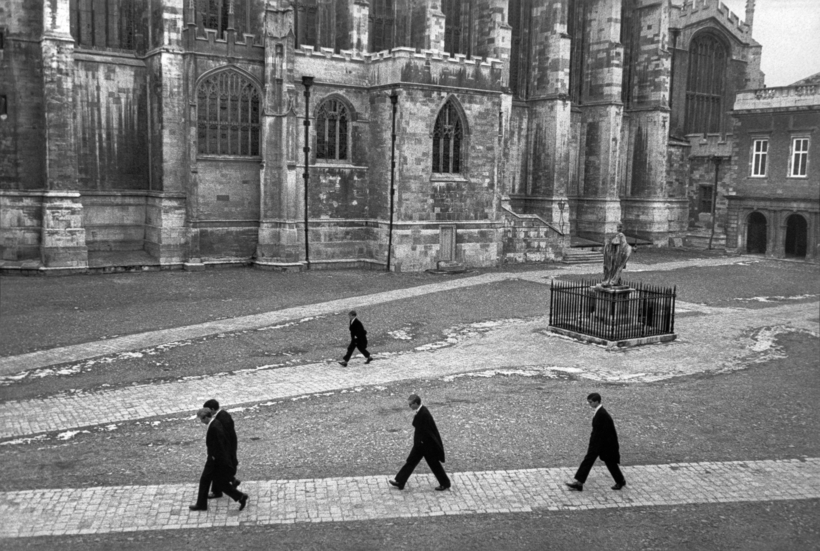It is a truth universally acknowledged that the abiding assets of Great Britain are two: eccentricity and humor. The fact that country houses are often madhouses, and that the Brits are experts at taking nothing too seriously, least of all themselves, is what gives a spark and sense of surprise to everything from Downton Abbey to that sit-down comedian known as Evelyn Waugh. “That’s the role of Britain in the post-imperial world,” an Anglophile friend keeps assuring me. “To be the world’s court jester.” If you look at some of the alternatives, often afflicted with comedy of the most inadvertent kind, you may come to believe that silly walks have their graces.
For devotees of the form, one of the most priceless documents to appear in recent years is a little-known work, available on Amazon, entitled The Enigma of Kidson, a largely oral biography of a strange-gaited man who taught history at Eton for 29 years, from the time of Harold Wilson to that of John Major. Of course, a school where teachers are called “beaks,” students dress like penguins, and the black-robed boys who sweep into classrooms to summon malefactors to the headmaster are called “praepostors” (as in “preposterous”) has a head start when it comes to humor.


